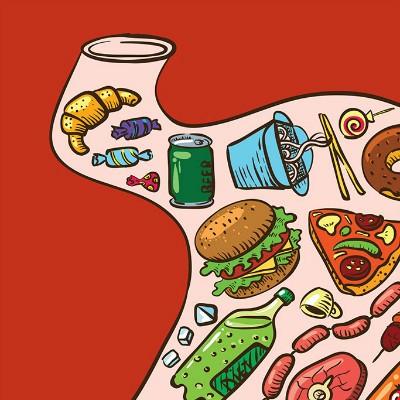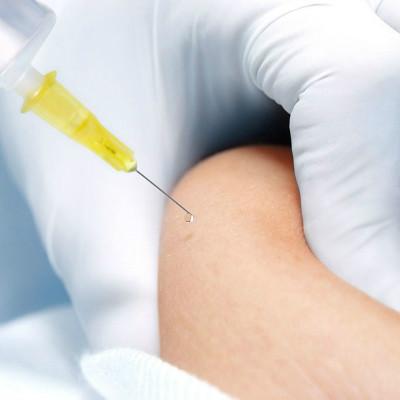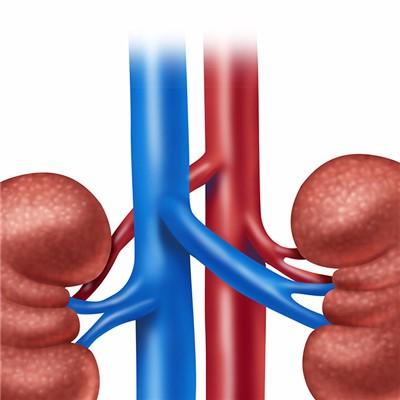Submandibular gland tumor symptoms?
summary
Submandibular gland tumor is a kind of oral tumor occurring in submandibular region. It is one of salivary gland tumors, 60% of which are malignant. Among the malignant submandibular gland tumors, adenoid cystic carcinoma is more common, followed by mucoepidermoid carcinoma, accounting for more than half of the submandibular gland tumors. Others include undifferentiated carcinoma, squamous cell carcinoma, malignant mixed tumor and adenocarcinoma. Most of the male patients were malignant, while most of the female patients were benign. Malignant submandibular gland tumors occasionally accompanied with pain or rapid growth. Surgical resection was used. Submandibular gland tumor symptoms? Let's talk about it
Submandibular gland tumor symptoms?
The main clinical manifestations were submandibular mass, pain and purulent secretion overflowing from the catheter orifice. In the early stage, there were slow growing masses in the submandibular region, and most of the painless masses were benign. Pain and discomfort caused by middle and advanced submandibular gland tumors,
The hypoglossal nerve affected the tongue movement, the medial pterygoid muscle was involved, the mouth opening was limited, and the marginal mandibular branch of the facial nerve was invaded with mouth angle deviation. Advanced tumors can penetrate the skin or mucous membrane, mucoepidermoid carcinoma can break through or improper incision or overflow mucus after operation.
If the mass is hard, the surface is not smooth or irregular, the mobility of the mass is poor, accompanied by local pain or numbness or pain of one side of the tongue, and there are swollen lymph nodes around, it is highly suspected as malignant submandibular gland tumor.
matters needing attention
resection. The principle of operation is to remove the tumor and the whole gland completely. If the tumor is highly suspected to be malignant, the scope of resection should be expanded. If the scope of tumor resection is sufficient and the tumor lesion is limited, radiotherapy is not necessary. The curative effect of chemical drugs on tumor is uncertain. There was no effective preventive effect on distant metastasis of adenoid cystic carcinoma.













